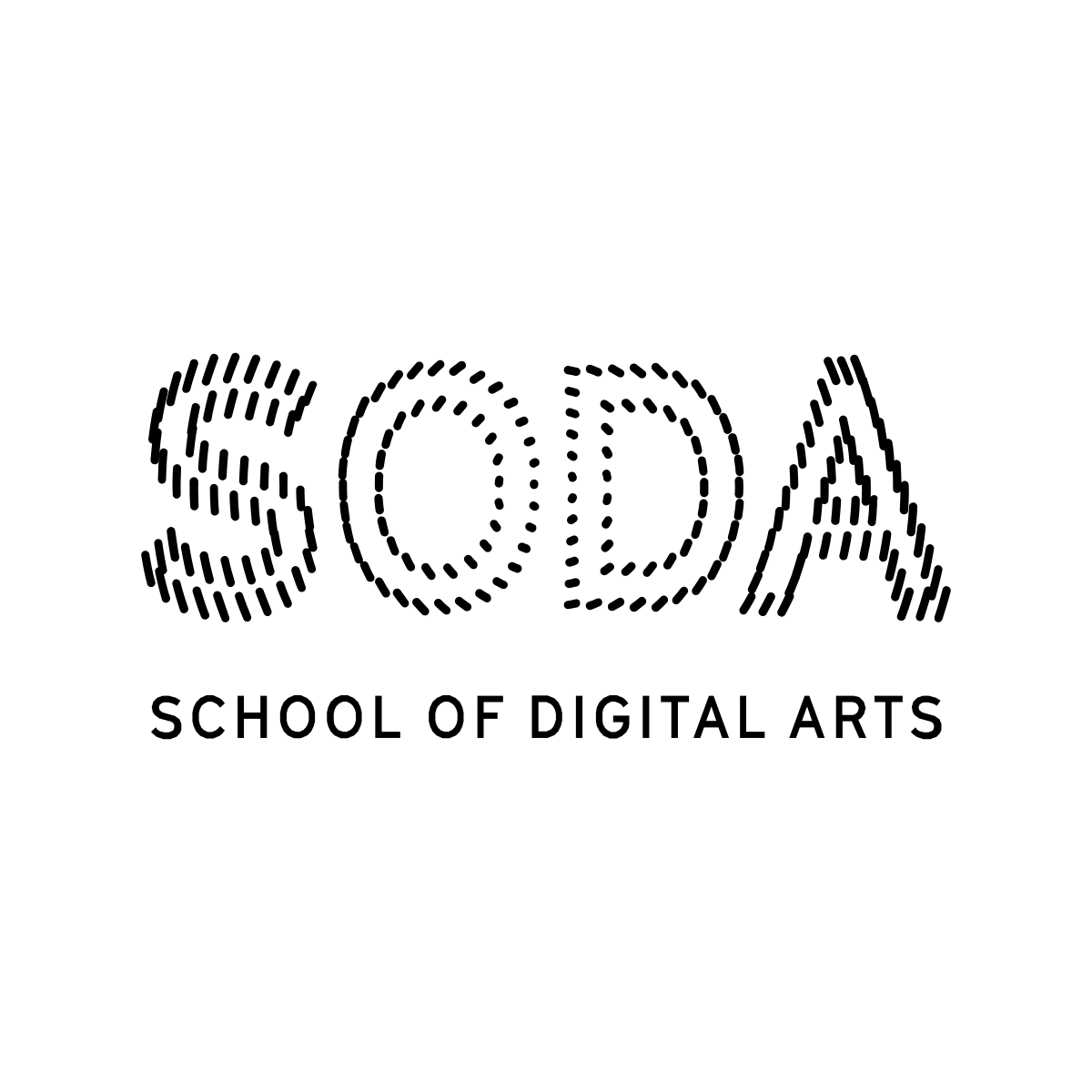






Terraforming Otherwise
A collaboration between Videocity and Manchester School of Art
24.– 30.07.2025
Exhibition preview: 23.07.2025 from 16:00 till 18:00
Holden Gallery, Grosvenor East Building, Metropolitan University, Cavendish St, Manchester M15 6BR
Artists: Eddie Lohmeyer (USA); Buket Yenidogan (TR); James Davoll (UK); Kin (UK); Rachael Garvey, Joseph Wright, Neve Clearie, Amelia Rennison; Rachael Garvey, Joseph Wright, Neve Clearie, Amelia Rennison; Ella Kosmin, Jack Lewis, Paul Turner, Penny Wong, Yekta Tabibi.
Curators: Charlotte Furlong and Beatrice Jane Penny.
Curatorial advice: James Stephen Wright, Co-Director Videocity UK, Newcastle upon Tyne.
This exhibition is a collaboration between Videocity and Manchester School of Art’s MA in Contemporary Curating programme. As part of a student placement scheme, two curators from the course have each developed a curated compilation of video works in response to Videocity’s 2025 theme: Posthuman. Exploring diverse perspectives on the posthuman condition, each compilation reflects a unique curatorial voice, ranging from technological entanglements to ecological futures and speculative bodies.
Charlotte Furlong writes:
In an era where the boundaries between the human and the non-human are increasingly fluid, the Posthuman discourse encapsulates the evolving narratives of identity, embodiment, and existence. For this screening, video artworks have been selected that interrogate the potential of posthuman landscapes through the intertwined lenses of technology, ecology, and consciousness. In Terraforming Otherwise artists are exploring Posthumanism from varying professional and academic perspectives, developing potential narratives for the future of our planet beyond human existence.
Edwin Lloyd Lohmeyer’s “Fuyu.02”, from his “terra_forms” series, reimagines ecological collapse through posthuman perspectives, using glitch aesthetics, AI diffusion models, and environmental sensors to explore the role of AI as a collaborator in envisioning climate futures. Providing a different posthuman perspective, Buket Yenidogan is a Turkish multi-disciplinary artist and researcher who is investigating more-than-human futures through speculative mythology and technology. She combines her background in engineering and arts to craft interactive experiences and computational performances to explore the philosophical concept of posthumanism. Alongside these works, the video “Adlais” by James Davoll investigates the abandoned environment of Dorothea and Pen-Yr-Orsedd Slate Quarries in Wales. Davoll depicts this space as an already present post-human landscape through his representation of a once industrial space as eerie and deserted. Furthering this inquiry selected videos from Manchester Metropolitan’s School of Digital Arts “Umwelt” and “When Is Too Far Gone?” depict posthuman landscapes developed through an informed investigation into ecological impacts of human interference. Finally, “The Dissolve” by Kin provides an alternative posthuman digital landscape, in which algorithms can control collective experience and ways of life.
Collectively, these works reframe posthumanism as an urgent and imaginative lens through which to question our ecological, technological, and existential futures, inviting us to engage with a world where the human is no longer at the centre.
Beatrice Jane Penny writes:
In the complex realm of Terraforming Otherwise, research is furthered by extended ecological investigation, examining the decrease of collective movement as a symptom of a posthuman society. Within this, “The Colony Club” (video work by Ella Kosmin, Jack Lewis, Paul Turner, Penny Wong, and Yekta Tabibi) shows the importance of ecological living in motivating social change through reconnecting to vital environmental providers. Drawing from Manchester’s deep connection to the bee as a symbol for unity, the video follows an imagined perspective from within a hive through dreamlike choreography, experimental camera work, and an immersive soundscape based on real bee frequencies to explore the intricate fragile world of pollinators.
The researcher Stacy Alaimo provides additional context through her seminal text on Transcorporeality, presenting it as a solution for overcoming community isolation by fostering a fluid connection between humans and the natural world. This movement, rooted in eco-culturalism, addresses the repercussions of a man-made society. It positions “The Colony Club” as a speculative tool for envisioning a future that embraces embodied knowledge and alternative ways of being together.



